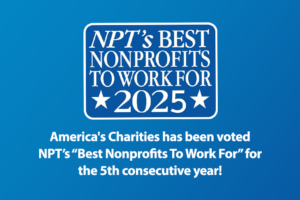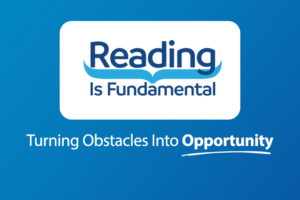Sarah Ford | February 18, 2014
A Blood Test Hits the Market That Could Replace the Biopsy and Potentially Save Lives
Source: recode.net
By James Temple
A Redwood City, Calif. startup believes it has developed a novel cancer test that could spare patients the pain of biopsies and zero in on more effective treatments.
Guardant Health will announce Tuesday morning that it’s beginning to sell a genetic screening tool that relies on blood samples rather than tissue to a limited number of cancer clinics. Separately, the company will reveal it raised $10 million in a funding round led by Sequoia Capital last year.
The company has been evaluating the Guardant360 test for nearly two years with major cancer centers. The Centers for Medicare and Medicaid Services has certified the tool under federal rules governing laboratory diagnostics.
That means it meets the safety and accuracy standards necessary for labs to market the tests and for doctors to use them in considering treatment options. But critically, it’s not an indication yet that the results of those tests will extend or save lives. Proving that could require years of additional trials.
But here’s why the new test might matter:
Cancer occurs when genes go awry, when just a few of the six billion letters in our DNA get scrambled. Those mutations produce proteins that trip up a cell’s normal function — often leading to uncontrolled growth.
For decades, scientists have been studying the mutated genes that give rise to cancer in the hope of better understanding the 200 or more forms of the disease and developing targeted treatments, with some success.
But one critical problem is that cancer continues to mutate, sometimes in response to therapy itself. The tissue taken for the initial biopsy — often painfully, invasively and expensively — might or might not represent the cancer in a person’s body months later.
“Cancer is constantly changing,” said Helmy Eltoukhy, chief executive of Guardant. “A lot of drugs do well for three months, six months or a year, but then they start to fail.”
This is well known. But doctors and patients often don’t go back for additional biopsies due to the pain or expense — or because they couldn’t extract samples in the first place, as is often the case for brain tumors. Instead, they continue with costly treatments that worked against the cancer the patient had, rather than the cancer he or she has.
Eltoukhy and his colleagues hope the cheaper and less invasive option means patients will take tests more often, either to identify the most effective treatment at the time or to spot early signs of a recurrence.
Warren Hogarth, a Sequoia partner who joined Guardant’s board, said the Menlo Park firm invested in the company because of the potential to transform cancer treatment by applying information technology to medicine.
“The price of genomics and other data in health care is coming down significantly faster than Moore’s law … [producing] actionable data at the point of care,” he said.
It has long been known that blood carries genetic material from the dying cells of tumors, but the fragments are in such low concentrations that it has been difficult to reliably read the information. It’s akin to a low resolution photograph: As you zoom in, the details become a meaningless blur.
But Guardant has developed a new way of preparing samples – through a proprietary process they declined to share – that allows them to effectively capture higher-resolution snapshots of the tumor fragments when they sequence the genome. The company says it improves detection sensitivity by “well over 100-fold.”
“It adds a much more sensitive approach — and accuracy,” said Dr. Dave Hoon, director of the sequencing center at John Wayne Cancer Institute in Santa Monica, Calif., and an adviser to the company. “This brings a whole new dimension to monitoring patients.”
Dr. Hoon, considered a pioneer in the use of cancer DNA in the blood, will present findings on Tuesday at the Molecular Medicine Tri-Conference in San Francisco showing the test spotted genetic alterations in cancer for almost 90 percent of patients. The trial, conducted at the John Wayne Cancer Institute, included 250 people with various stages of breast, colorectal, lung, prostate and skin cancer.
Get Resources and Insights Straight To Your Inbox
Explore More Articles
For Fifth Consecutive Year America’s Charities Named ‘Best Nonprofit To Work For’
Washington, D.C. – April 1, 2025 – America’s Charities, the nonprofit that mobilizes the power of giving as a leading provider of volunteering, workplace giving,…
Read ArticleWorkplace Fundraising + Volunteering Summit (April 2nd and 3rd, 2025)
Join us in attending this virtual summit! The America’s Charities team is joining up with other leading voices in the workplace giving space for a…
Read ArticleThe Time to Act is Now
The results of the 2024 National Assessment of Educational Progress (NAEP) are in, and the findings are, in a word, heartbreaking. This assessment serves as…
Read ArticleGet Resources and Insights Straight To Your Inbox
Receive our monthly/bi-monthly newsletter filled with information about causes, nonprofit impact, and topics important for corporate social responsibility and employee engagement professionals, including disaster response, workplace giving, matching gifts, employee assistance funds, volunteering, scholarship award program management, grantmaking, and other philanthropic initiatives.




